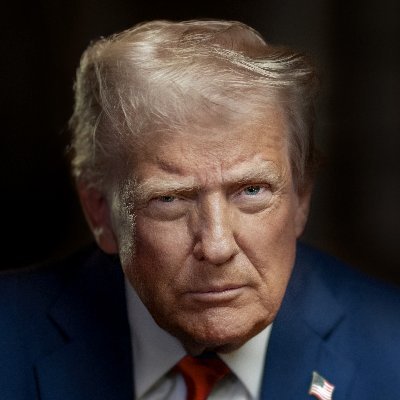


At sporadic times of inconsequential normalcy, on the streets of Russia you will see two distinct types of people asked for identification, Asians and middle eastern males. When asked why, the average, ordinary grey-person in Russia going about their business, ambivalently has no idea.
Russia is a massive country.
To the southeast they are bordered by China, Mongolia and Asia, they even have a small border with North Korea. To the southwest they have the “stans,” most notably Kazakhstan; this region is the source of most domestic terrorists who attack inside Russia. To the West they have Ukraine and the EU nations.
From the standpoint of Russia, they have Asians on their East, Arabs on their South and EU supported Nazis on their Western flank. Keep in mind, despite the breakup of the Soviet Union the muscle memory from World War II is still very much a part of their social compact.
Consider Arlington Cemetary for scale. If you were to build a cemetery just from the battle of Leningrad (now St Petersburg) it would be bigger than Washington DC. If you were to build an Arlington type cemetery for all the Russians killed in World War II, the 27 million gravesites would envelop a landmass bigger than Washington DC and the states of Virginia, North Carolina, South Carolina and Georgia combined. These realities underpin Russian perspectives.
CTH shared previously that Russia is drawn into an alignment with China not by desire, but rather by necessity. Most ordinary Russians do not like China, and they would prefer not to purchase Chinese industrial or manufactured goods. Russian President Vladimir Putin is well aware of this, and I believe U.S. President Donald Trump is aware also.
 Secretary of State Marco Rubio said publicly it should be U.S. policy to support separating the two biggest nuclear powers, China and Russia as a matter of strategic U.S. interest. President Trump said, “I’m going to have to un-unite them, and I think I can do that, too,” shortly before his election in November. “I have to un-unite them.” {link}
Secretary of State Marco Rubio said publicly it should be U.S. policy to support separating the two biggest nuclear powers, China and Russia as a matter of strategic U.S. interest. President Trump said, “I’m going to have to un-unite them, and I think I can do that, too,” shortly before his election in November. “I have to un-unite them.” {link}
In a very downplayed statement earlier this year hidden by media, the former Chairman of the Senate Select Committee on Intelligence and current Secretary of State -also National Security Advisor- Marco Rubio, said “Ukraine was a proxy war for the United States against Russia.” Despite the U.S. media intentionally hiding the statement, Moscow immediately noticed and affirmed the accuracy.
Ukraine launched a covert attack against Russian air force bases last Sunday June 1st. President Trump was not informed of the attack in advance and was unaware it was going to take place. In the aftermath, President Trump and Secretary Rubio stayed quiet.
Three days after the attack, Wednesday, June 4, President Trump held a 90-minute phone call with Russian President Vladimir Putin.
Last week the New York Times received “an eight-page internal F.S.B. planning document” … “that sets priorities for fending off Chinese espionage.”
[…] Ares Leaks, a cybercrime group, obtained the document but did not say how it did so. That makes definitive authentication impossible, but The Times shared the report with six Western intelligence agencies, all of which assessed it to be authentic. The document gives the most detailed behind-the-scenes view to date of Russian counterintelligence’s thinking about China.
[…] Russia has survived years of Western financial sanctions following the invasion, proving wrong the many politicians and experts who predicted the collapse of the country’s economy.
[…] The Russian document describes a “tense and dynamically developing” intelligence battle in the shadows between the two outwardly friendly nations.
[…] Read one way, the F.S.B. document lends credence to the theory that, with the right approach, Russia can be cleaved away from China. The document describes mistrust and suspicion on both sides of the relationship. (more)
CTH will repeat prior outlines based on available public data as well as my research trip into the current disposition of Russia. The Russian Federation and the Russian people do not want deepening ties with China.
Despite people from the Eastern side of Russia often being called Asians, even within Russia they are known as Asian-Russians, they do not align with a Chinese worldview. One of the key positive characteristics of Russia is the lack of pretending both in government and in the people. Russians do not describe China as the panda; they have very clear eyes and see the dragon behind the panda mask.
From the Southeast Russia has Chinese espionage pressure points; from the Southwest Russia has Arab terrorist pressure points; from the West Russia has EU/Nazi NATO pressure points, and the CIA has activated strategies to stimulate all these agitations.
All of my political instincts tell me that President Putin and President Trump are in alignment. The challenge for President Trump is to overcome the opposition forces from within Western government (NATO) and Western media.
When President Trump and President Putin come into open alignment, the entire world changes.
Their opposition knows this.


